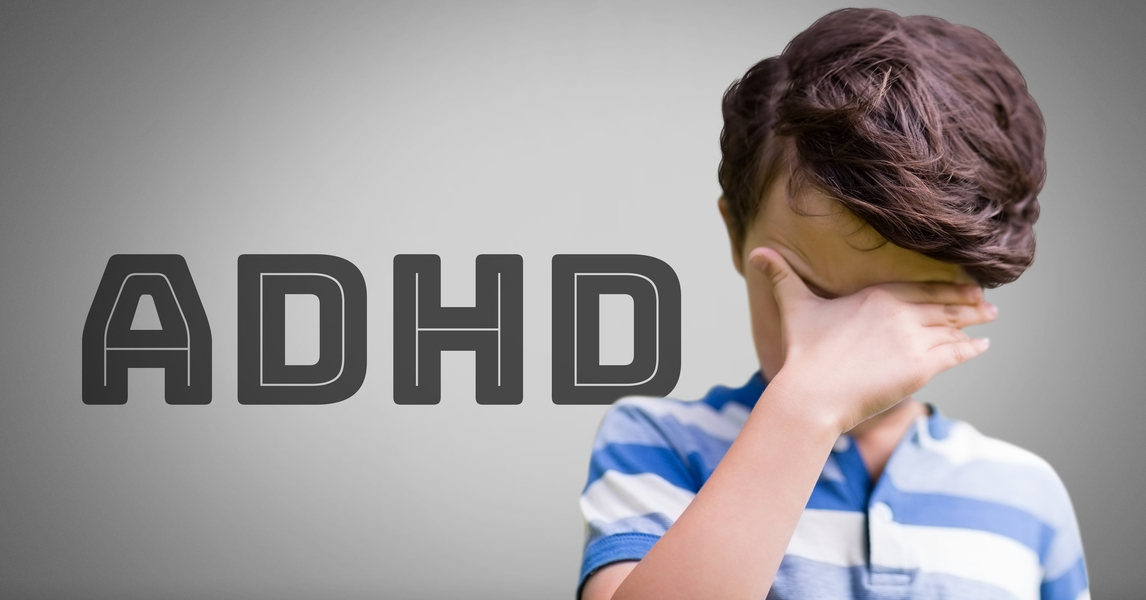ADHD
Attention-Deficit / Hyperactivity Disorder
What is ADHD?
ADHD is a neurodevelopmental disorder that affects a child's ability to concentrate, control impulses, and manage their behavior. It is typically diagnosed in childhood, and while it can persist into adulthood, symptoms may change over time.
Children may find it difficult to sit still or control their impulses, causing challenges at school, home, and socially. Early identification and management are crucial as it can persist into adulthood if left untreated.


What Causes ADHD?
The exact cause is a complex interplay of genetic and environmental factors. Research identified 304 genetic variants associated with ADHD, affecting brain development and neural signaling.
Risk Factors: Premature birth, low birth weight, maternal smoking/stress during pregnancy, and exposure to environmental toxins.
Symptoms of ADHD
Symptoms are classified into three categories: predominantly inattentive, predominantly hyperactive-impulsive, or combined type.
Inattentive Type
- Easily distracted, forgetful, switching activities frequently.
- Difficulty focusing on tasks and organizing.
- Struggling to follow detailed instructions.
Hyperactive-Impulsive Type
- Fidgeting, talking nonstop, constant motion.
- Difficulty engaging in quiet tasks.
- Impatience, blurting out comments, acting without thinking.
Diagnosis & Considerations
Diagnosis involves comprehensive evaluation by a qualified healthcare professional, considering symptoms, medical history, and overlapping conditions.
Potential Complications
Children with ADHD are at risk of developing other mental health conditions, such as anxiety and depression. They may also struggle with academic and social difficulties. It is important to work closely with healthcare professionals and educators to address these challenges.
Prognosis
With appropriate treatment and support, children with ADHD can lead successful lives. However, ADHD is a chronic condition that requires ongoing management and monitoring. Open communication is key to long-term success.
Comprehensive Treatment Options
General Treatment
The most effective treatments include medication, behavioral therapy, and parent training. The choice varies based on symptom severity and individual needs.
Medication
Stimulant medications (e.g., Ritalin, Adderall) improve attention and reduce impulsivity. Non-stimulants and antidepressants may also be used. Close monitoring with a healthcare professional is essential.
Cognitive Behavioral Therapy (CBT)
CBT is highly effective, teaching children to manage thoughts and behaviors positively. It helps develop coping strategies for impulsivity, distractibility, and improves organizational skills.
Parent Training
These programs teach parents to manage behavior, set expectations, and provide positive reinforcement, creating effective strategies for home and school environments.
Get Expert Help from the Braintree Team
Our multidisciplinary team helps children thrive. From cognitive-behavioral therapy to parent training, we provide individualized plans for every child.
Book an Appointment